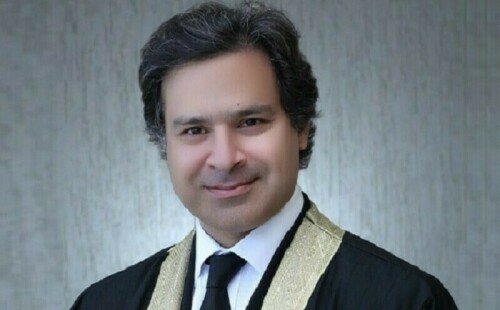Intolerance in India

FREEDOM is under threat in India and many of its right-thinking citizens are speaking out against the wave of right-wing violence and repression.
On Monday, no less a figure than L.K. Advani was moved to condemn what he said is “an increase in cases of intolerance” and suggested that democracy itself was under threat in India.
There is genuine reason for alarm. Some of the violence and intimidation has been Pakistan-related, with Shiv Sena activists in Mumbai forcing the cancellation of a concert by Ghulam Ali recently and, more menacingly, dousing in black paint the organiser of a talk featuring former Pakistani foreign minister Khurshid Kasuri.
But much of the intolerance and extremism is directed inwards, at India’s rich cultural and religious diversity.
This year alone, two progressive voices have been silenced forever with the murders of Govind Pansare, in February, and M.M. Kalburgi, in August. Both men were known for their opposition to religious extremism and had spent much of their lives championing progressive causes.
The lynching of a Muslim man in a village outside Delhi for allegedly consuming beef shocked not just India, but the world. In India-held Kashmir, communal tensions have been stoked by the revival of a long-dormant law banning the sale and consumption of beef.
Worried by the rise in religiously inspired extremism and by the indifferent attitude of the federal government led by Prime Minister Narendra Modi, India’s vibrant civil society is pushing back.
More than 40 intellectuals and writers have returned literary awards or written open letters to protest the rise in intolerance and the assault on free speech.
Last week, Nayantara Sahgal, nationally recognised writer and a niece of Jawaharlal Nehru, announced her decision to return her Sahitya Akademi (academy of letters) award in a public letter titled The unmaking of India.
In her letter, Ms Sahgal has condemned Prime Minister Modi for remaining silent about the “reign of terror” that has been unleashed in India and offered her support to “all dissenters who now live in fear and uncertainty”.
The growing public outcry is a welcome sign that India’s history as a constitutionally protected secular democracy will not be erased by a single election or by extremists emboldened on the fringes of society.
Welcome as the pushback is, much more will need to be done if India is to protect its cultural diversity and pluralism.
This country’s long, painful slide towards extremism and intolerance suggests that if problems at the fringes are not addressed quickly by state and society, extremism can become mainstream and fiendishly difficult to roll back.
The Pakistani experience has also made terribly clear the destabilising effects on the region when intolerance and extremism is on the march nationally. In India’s case, the rise of the right-wing could have even more toxic effects regionally.
The alarm bells are ringing; India needs to reaffirm its commitment to pluralism and diversity.
Published in Dawn, October 14th, 2015
On a mobile phone? Get the Dawn Mobile App: Apple Store | Google Play












































